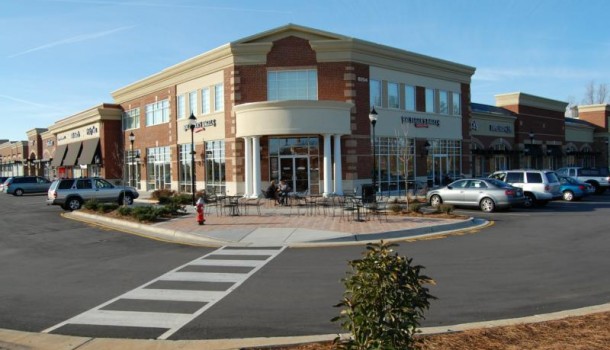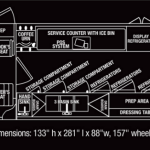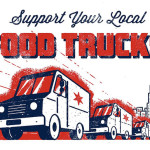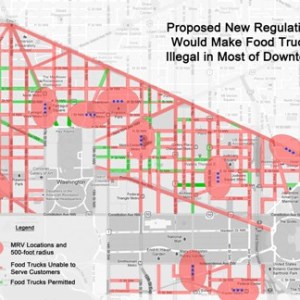
As cities become increasingly congested for mobile food vendors the only and next logical step is to expand out into the suburbs and more and more places are catching up on the craze and welcoming the food trucks.
City rules are generally getting stricter and stricter in order to properly manage the proliferation of food trucks and concession trailers, but suburbs have been opening up as potential hosts. College campuses and suburban office complexes have been taking advantage of these mobile kitchens to fill the void of food options in these places. Weekly farmer’s markets have also been venues for the trucks.
The secret is in finding your niche market. Debbie Clem, who operates the 5C Grill in West Virginia, shares that there are hardly any other food trucks in her area. She and her family currently serve lunch to various oil and gas companies around the state.
Part of the business plan of any venture is the analysis of the business’ viability. The market, demand, and competition are all taken into consideration. Is the market in that area saturated already, meaning are there already way too many food trucks? Are local laws food truck friendly? According to a Mobile Cuisine article, these are the major factors one should consider regarding location. Also see the Overview of our Featured Food Truck Cities.
• Population
• Population growth predictions
• Population demographics (age and income)
• Weather
• Current size of the local food truck industry
• Licensing costs
• Freedom to operate under existing food truck laws
• Acceptance of small business entrepreneurs by local politicians
• Strength of food truck organization in area
In relation to the demographic data below, students from the University of Michigan and Northwestern University have identified several characteristics of vibrant food tuck cities. Read about it here.
Below are a few considerations for both city and suburban locations.
Cities
• Larger population and heavier foot traffic in city centers
• Larger competition from other mobile vendors as well as traditional restaurants
• Stricter regulations and higher permitting costs
Here is a great survey on the number of food trucks per capita in major cities around the country from Roaming Hunger.
Suburbs
• Market not yet saturated
• Relatively easier permitting process
• Laws have not yet been adapted to suit mobile food industry
• Niche market
• Population may not be enough to sustain business
Places like the surrounding areas of Metro Atlanta have embraced the food truck and are host to multiple weekly food truck events. On the other hand, places like Hamilton County have laws that state that mobile concession vendors may only stop in the county for sales when invited by a large employer/company or for special events and neighborhood parties.
There are both advantages and disadvantages in either operating in a city or in the suburbs and it is up to you to weigh these and figure out which is best for you and your business. Remember you don’t need to be the best and most well known food truck or have the biggest market share, just make sure you are the King of your niche.
Also check out our previous article on Tips In Starting A Food Truck.
Tags: planning strategies









